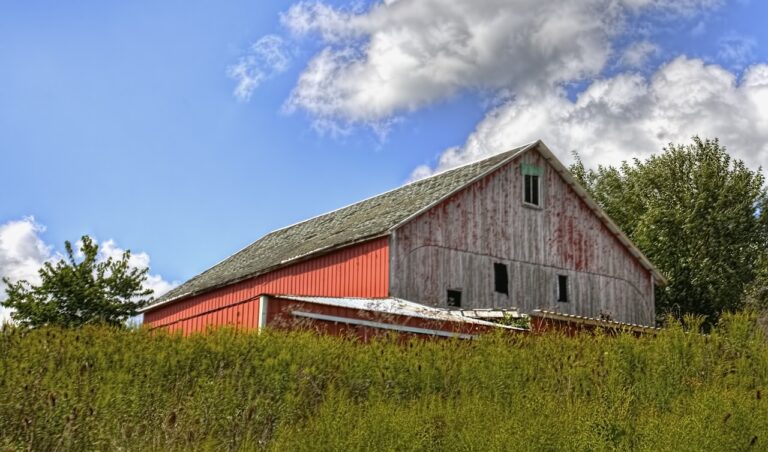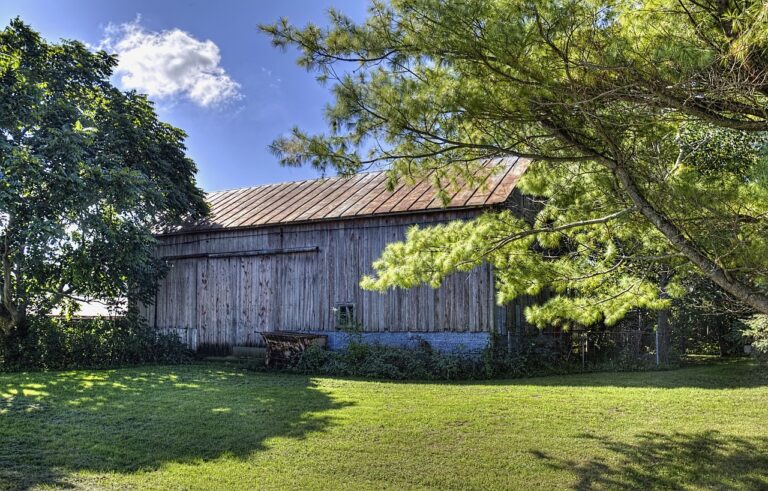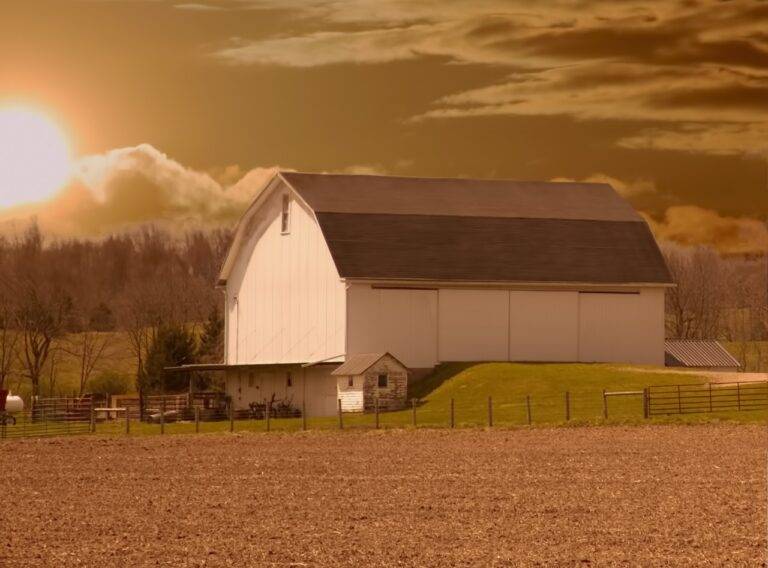Sustainable Materials for Outdoor Kitchens
silverexch.com, goldenexchange, betbook247.com:When designing an outdoor kitchen, one important factor to consider is the sustainability of the materials used. Sustainable materials not only help reduce the environmental impact of your outdoor kitchen but also provide long-lasting durability and beauty. In this article, we will explore some of the best sustainable materials for outdoor kitchens to help you create a beautiful and eco-friendly outdoor cooking space.
1. Reclaimed Wood
Reclaimed wood is a popular choice for outdoor kitchens due to its unique character and eco-friendly properties. Reclaimed wood is sourced from old barns, factories, or other structures and repurposed for use in new construction projects. Using reclaimed wood in your outdoor kitchen adds a touch of rustic charm while also reducing demand for new wood products.
2. Bamboo
Bamboo is another sustainable material that is perfect for outdoor kitchens. Bamboo is a fast-growing grass that can be harvested without damaging the plant, making it a renewable resource. Bamboo is also incredibly strong and durable, making it an excellent choice for outdoor countertops, cabinets, and flooring.
3. Recycled Glass
Recycled glass countertops are a stylish and eco-friendly option for outdoor kitchens. These countertops are made from recycled glass bottles and other glass products, reducing waste in landfills. Recycled glass countertops come in a variety of colors and patterns, adding a unique touch to your outdoor kitchen design.
4. Stainless Steel
Stainless steel is a durable and sustainable material that is perfect for outdoor kitchen appliances and fixtures. Stainless steel is recyclable and has a long lifespan, making it a great choice for outdoor grills, sinks, and cabinets. Stainless steel is also resistant to rust and corrosion, making it ideal for outdoor use.
5. Concrete
Concrete is a versatile and sustainable material that can be used in a variety of ways in outdoor kitchens. Concrete countertops are incredibly durable and can be customized to fit any design aesthetic. Concrete also has thermal mass properties, making it an excellent choice for outdoor fire pits and pizza ovens.
6. Recycled Plastic
Recycled plastic materials, such as composite decking and outdoor furniture, are another sustainable option for outdoor kitchens. These materials are made from recycled plastic products, such as water bottles and milk jugs, reducing waste and conserving natural resources. Recycled plastic materials are also easy to clean and maintain, making them a practical choice for outdoor spaces.
7. Stone
Natural stone, such as granite, marble, and slate, is a durable and sustainable material that can add elegance to your outdoor kitchen. These materials are quarried from the earth and are available in a wide range of colors and patterns. Natural stone countertops and backsplashes are heat-resistant and easy to clean, making them a popular choice for outdoor kitchens.
8. Cork
Cork is a sustainable material that is perfect for outdoor flooring in your kitchen. Cork is harvested from the bark of cork oak trees without harming the tree, making it a renewable resource. Cork flooring is soft underfoot, naturally resistant to mold and mildew, and provides excellent insulation, keeping your feet cool in the summer and warm in the winter.
9. Steel
Steel is a durable and recyclable material that is perfect for outdoor kitchen appliances and fixtures. Steel is resistant to rust and corrosion, making it ideal for outdoor use. Stainless steel appliances, sinks, and cabinets are a popular choice for outdoor kitchens due to their sleek appearance and easy maintenance.
10. Solar Panels
For a truly sustainable outdoor kitchen, consider incorporating solar panels to power your appliances and lighting. Solar panels harness the sun’s energy to generate electricity, reducing your reliance on fossil fuels. Solar panels can be installed on your roof or in your yard to capture the maximum amount of sunlight for your outdoor kitchen.
FAQs
1. What are the benefits of using sustainable materials in outdoor kitchens?
Using sustainable materials in outdoor kitchens helps reduce the environmental impact of your project, conserve natural resources, and create a healthy living environment. Sustainable materials are also durable, long-lasting, and add unique character to your outdoor kitchen design.
2. How can I ensure that the sustainable materials I choose are truly eco-friendly?
When selecting sustainable materials for your outdoor kitchen, look for products that are certified by reputable organizations, such as the Forest Stewardship Council (FSC) or the United States Green Building Council (USGBC). These certifications ensure that the materials meet strict environmental and social standards.
3. Are sustainable materials more expensive than traditional materials?
While sustainable materials may have a higher upfront cost than traditional materials, they often provide long-term savings in terms of durability and energy efficiency. Additionally, the use of sustainable materials can increase the value of your home and appeal to eco-conscious buyers in the future.
4. Can I mix and match sustainable materials in my outdoor kitchen design?
Yes, you can mix and match different sustainable materials in your outdoor kitchen design to create a unique and personalized space. Combining materials such as reclaimed wood, recycled glass, and stainless steel can add visual interest and texture to your outdoor kitchen.
In conclusion, choosing sustainable materials for your outdoor kitchen is not only a responsible choice for the environment but also a practical one for long-lasting durability and beauty. From reclaimed wood and bamboo to recycled glass and stainless steel, there are plenty of sustainable options available to help you create a stunning and eco-friendly outdoor cooking space. By incorporating sustainable materials into your outdoor kitchen design, you can enjoy cooking and entertaining outdoors while reducing your carbon footprint and promoting a greener lifestyle.







